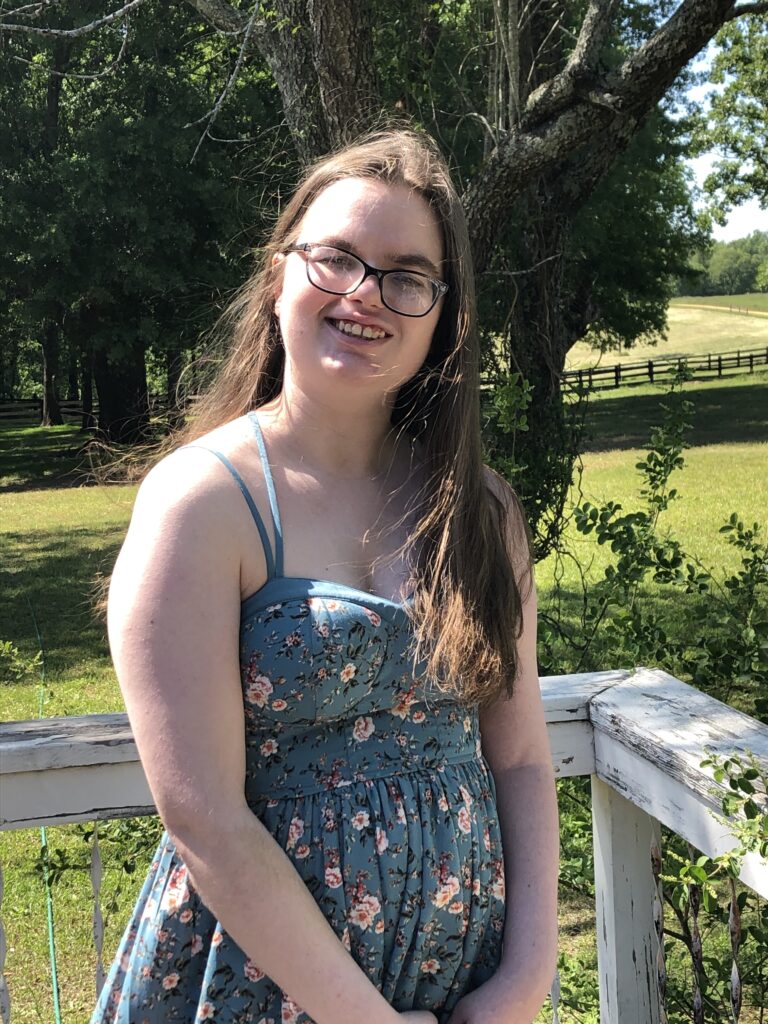
March is Epilepsy Awareness Month as well as Traumatic Brain Injury Awareness Month. I happen to celebrate both! As you may have read in a previous post, I was born with a brain malformation that causes epilepsy, and I had successful brain surgery to eliminate seizures in 2010. (You can read “My Surgery Story” at https://www.campascca.org/friends-of-ascca-my-surgery-story/.) As a result, I have experience with both epilepsy and traumatic brain injury.
Purple Day on March 26 is the Global Day for epilepsy awareness. The symbol for epilepsy is a purple seahorse because the part of the brain called the “hippocampus,” which means seahorse in Greek, is shaped like a seahorse and shares the seahorse’s scientific family name. Lavender is recognized as the international flower and symbolizes the isolation and loneliness often felt by people with epilepsy. Interestingly enough, pure essential lavender oils are thought to have a relaxing effect on the brain and may help reduce seizures. Some of the most well-known people in history who had epilepsy were the writers Edgar Allan Poe and Charles Dickens, former president Theodore Roosevelt, artist and inventor Leonardo da Vinci, and pianist Ludwig von Beethoven.
A traumatic brain injury is defined as an alteration in brain function caused by an external force or trauma. In my case, that was surgery. The Brain Injury Association of America says more than 5.3 million children and adults in the United States are living with a permanent brain injury-related disability. That’s one in every 60 people. When you talk and interact with other people, there’s a good chance someone has had a brain injury.
Awareness is important because the effects from epilepsy or traumatic brain injury sometimes make people think we are not like regular people. That’s why people with epilepsy or traumatic brain injury are bullied and misunderstood. It hurts our hearts to be made fun of because of one small difference or because of our condition. More people need to know so we can be more accepted by others. Our voices need to be heard.

Located in Alabama on Lake Martin, Camp ASCCA offers campers a wide variety of traditional recreational and educational activities with a unique design for accessibility.

Sign up for our eNewsletter to keep up with events and happenings at Camp ASCCA!